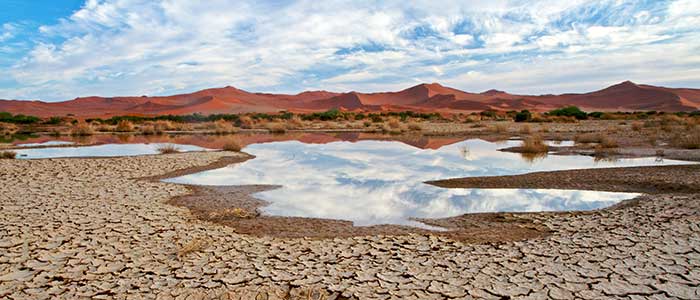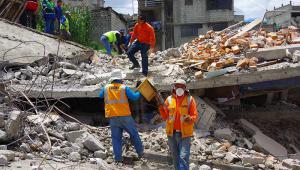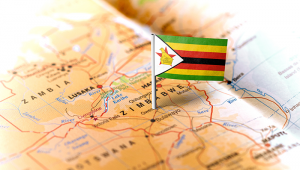Web_DroughtZambia_shutterstock_74778760.jpg

Drought in Africa
A drought induced by El Niño, a weather pattern that causes cyclical warming in the Pacific Ocean whose impacts can be felt all over the world, has decimated crops, killed off tens of thousands of livestock and dried up reservoirs.
In February, the southern African country’s president Robert Mugabe declared a state of emergency as it emerged that more than 30% of the rural population, or 2.8 million people, including 1.4 million children, were food insecure.
The drought has also deepened Zimbabwe’s economic problems, leaving the government appealing to the private sector and local charities for the $1.5bn needed to respond to the drought.
UNICEF said that it is unclear how much of that sum has been raised, but the agency has launched its own appeal for $21m, of which $430,000 has been mobilised so far.
Families in rural Zimbabwe are “locked in a struggle”, UNICEF spokesperson Christophe Boulierac said.
Nearly 33,000 children are now in urgent need of help, the agency said, with the youngest people worst affected by the crisis.
Overall, 2.1% of children under five years old have severe acute malnutrition, exceeding the international threshold of 2% that indicates the need for an emergency response. The majority of these children are between one and two years old.
Boulierac noted that in such situations children also face increased risks of child labour, early marriage and violence, as well as diseases arising from lack of access to safe water.
El Niño is taking its toll on countries across southern Africa, where a food crisis is unravelling as a result. Lesotho, much of South Africa and Malawi have all been affected.
Further north, Ethiopia has also been hard hit. Around 18 million people in the country are currently in need of assistance.
Regions of Asia, Latin America and the Pacific are also struggling with the effects of El Niño.













